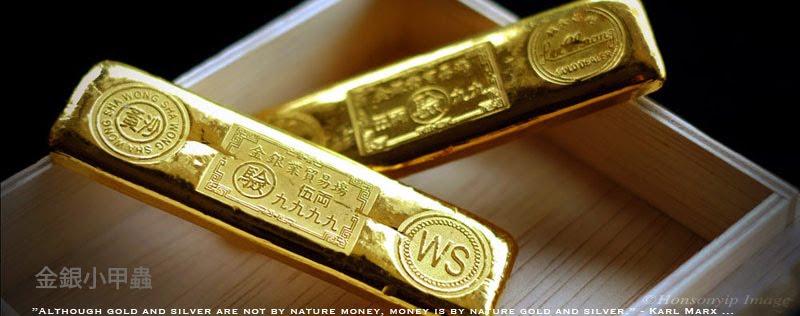環 球股市踏入今年後一片興旺。截至周三止,富時環球股市指數 (FTSE All-World equity index) 今年至今已升逾 1 成,處於 8 個月高位附近;美股三大指數平均表現更佳,標普 500 指數和納斯達克指數升幅分別為 11.76% 及 19.19%,升幅最小的道指亦上升了 7.44%。股市勁升,市場氣氛佳,理應有不少企業會趁機攪上市,奇怪的是,今年首季的上市招股活動卻是自 2009 年次季以來最差,反映股市只是表面風光,實際危機暗藏。
全球四大會計師樓之一的安永會計師事務所 (Ernst & Young) 剛發表的統計數據顯示,今年首季全球只有 157 隻新股上市,集資額合共 143 億美元,較去年同期有 296 家公司招股上市,合共集資 466 億美元,集資額少了足足 69%。
157 家新上市企業,只有1家的集資額是超過 10 億美元。荷蘭有線電視營運商 Ziggo 獨佔鰲頭,惟集資額亦僅為 11 億美元,緊隨其後的瑞士市場拓展服務集團 DKSH Holding Ltd.,集資額為 8.97 億美元,而於上海交易所招股隻資 7.94 億美元的中國交通建設股份有限公司(China Communications Construction Company Limited,上市編號 1,800)亦成功搶佔三甲一席。
首 次公開招股的企業數量銳降,一方面與國營企業上市數量大減有關,另一方面則是由於歐元區主權債務危機的陰影籠罩,前景欠明朗,削弱了企業上市意欲。新上市 企業以科網行業數量較多,美國首季有32家公司招股上市,當中有11家是科技公司,比率逾 1/3,集資額合共 11 億,則是總集資額 48 億美元的不足 1/4。
未 知是否蘋果公司今年股價長升長有,升幅超過 5 成,令股民對科技股產生無限憧憬,尋金熱下,科網股對投資者的吸引力亦較大。最近一隻上市科網股為商業及服務評估網站 Yelp,於 3 月初首次公開上市,首日收報 24.68 美元,較招股價的 15 美元狂漲 65%,難怪股民對科技股趨之若鶩。市場下一焦點必然是盛傳於 5 月正式掛牌的 Facebook,現時市場對 Facebook 估值逾千億美元,上市料可掀起另一番熱潮。
雖 然於亞洲公開招股的企業數量於首季銳減,但香港、深圳及上海仍能保住全球市場頭 5 強的領先地位,隨着上海股市快將對外全面開放,大量外資企業湧往中國上市,估計上海及香港交易所仍可受惠。但在一個真正的牛市,理應百花齊放,今年首季除 了上市公司數量大減,平均交投量亦大幅萎縮,正正反映投資者對後市仍存在疑慮。
正所謂「一葉知秋」,從公開招股企業數量及交投量,不難推斷這個靠央行印鈔推動的牛市,持續上升的能力存疑。歐洲經濟衰退機會大,美國經濟又似好非好,新興市場如中國,經濟更有硬着陸風險,缺乏基本因素配合,股市又如何可以長升不跌?大家高位追入,務須千萬小心。
王冠一
